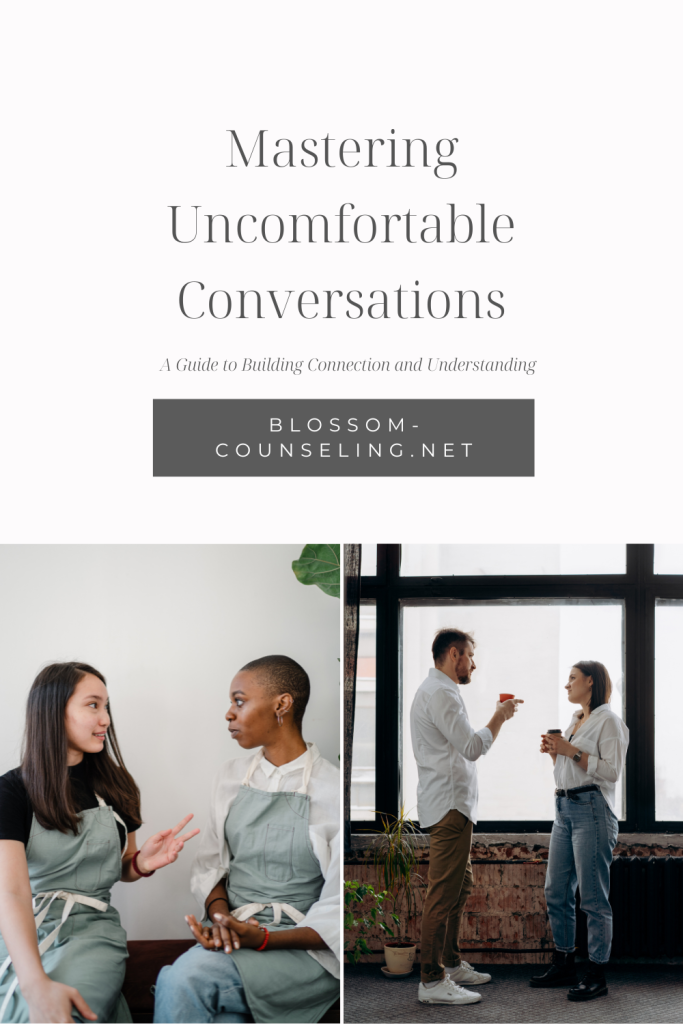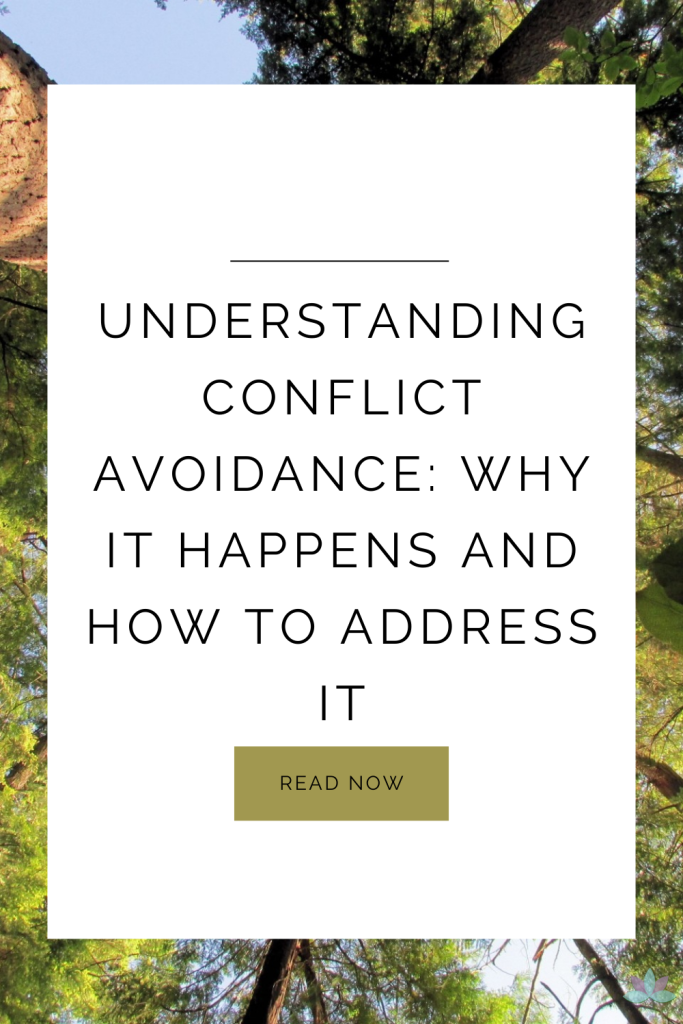
It starts off like magic: butterflies, long talks, playlists that make you think of them, and maybe even daydreaming their name into your Notes app. Everything feels new, exciting, and promising. But then, almost out of nowhere—around the three-month mark—things start to shift. The energy changes, texts slow down, and suddenly you're left wondering: What went wrong?
This isn’t just your imagination. Many relationships tend to fizzle right around the three-month mark—and there’s actually psychology behind why that happens.
The End of the Honeymoon Phase
In the early days, your brain is riding high on dopamine and serotonin. This chemical cocktail makes everything feel effortless. But as the novelty wears off, the brain settles down—and so does the relationship. The rosy glow fades, and you begin to see your partner as a full human with flaws, habits, and complexities. That’s when the real test begins: is there substance beyond the spark?
Reality Starts to Surface
When the initial excitement quiets down, day-to-day realities come into sharper focus. You might start noticing how your partner manages stress, how you resolve disagreements (or avoid them), and whether your values align. Compatibility goes beyond having fun together—it shows up in how you navigate the hard stuff, too.
Attachment Styles Get Triggered
As the emotional stakes grow, so do our vulnerabilities. If one partner has an avoidant attachment style, they may begin to pull away just as things feel like they’re deepening. On the flip side, someone with an anxious style might start seeking more closeness or reassurance. These patterns can create a push-pull dynamic that’s tough to sustain without awareness and communication.
The Conversation Shifts—Or Doesn’t
At first, it’s all lighthearted texts and flirty banter. But after a few months, the need for deeper conversations arises—talks about expectations, boundaries, and long-term goals. If the relationship can’t pivot from surface-level fun to authentic dialogue, disconnection creeps in fast.
Unpacking Personal Baggage
We all bring history into relationships—past wounds, insecurities, and protective walls. Around the three-month point, those start to show. Maybe you shut down during conflict, or maybe your partner avoids emotional intimacy. If these patterns go unspoken or unsupported, they can chip away at the connection before it has a chance to grow deeper.
The Rush to Define Things
Sometimes, the pressure to make things “official” happens too fast. In the rush of chemistry and potential, we might overlook compatibility. Three months in, you may realize that emotional or lifestyle differences are more significant than they seemed at first. It’s not failure—it’s clarity.
Growth Doesn’t Always Mean Longevity
Here’s the truth: some relationships are here to teach us something, not last forever. If things end after a few months, that doesn’t mean it was a waste of time. You learned, you connected, and you grew. That matters.
Short relationships can shine a light on your values, your communication style, your boundaries, and your desires. They’re part of the journey—not a detour from it.
Relationships don’t need to last forever to be meaningful. If you’ve recently gone through a three-month breakup (or you’re trying to make sense of one), give yourself permission to reflect without judgment. Every experience adds to your emotional fluency—and understanding why something didn’t work is just as powerful as celebrating when it does.
bloom. grow. blossom.
At Blossom, we don’t just provide therapy—we create a space where you feel understood and empowered. With flexible scheduling options, personalized care, and therapists who genuinely get it, your path to peace is just a few clicks away.
Ready to Feel Better? Let’s Talk!
Our team of compassionate therapists is here to help you find the support you need. We believe in a holistic approach, treating your mind, body, and spirit. With a blend of traditional and alternative therapies, we tailor your experience to meet your unique needs. At Blossom, we create a non-judgmental space where you can be your authentic self. Our goal is to empower you, amplify your strengths, and help you create lasting change. Together, we’ll navigate life’s challenges and help you bloom, grow, blossom! You deserve to become the best version of you.




